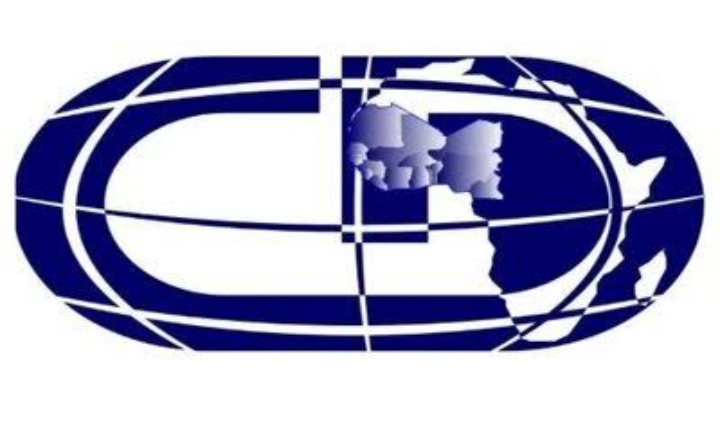The Centre for Democracy and Development (CDD), a think tank organization working towards enhancing sustainability of democracy and development in West Africa, has been monitoring and evaluating the federal government’s budget over the years in order to enforce accountability and facilitate government’s performance. In the wake of the coronavirus pandemic and fall in oil prices the federal government announced a revised budget.
In the proposed revised budget, the Federal Government (FG) has decided to slash its primary healthcare budget by 42.5 percent, from N44.4 billion to N25.5 billion. It has also slashed the Universal Basic Education (UBE) budget by 54.3 percent, from N111.7 billion to N51.1 billion. Cuts have also been made to the agriculture and security budgets.
Unbelievably, the FG left N9 billion for renovating the National Assembly and the N2 billion mapped out for the construction of the National Assembly Library (NLIDS) was left untouched.
We believe that this is the time for the Nigerian government to show its citizens that the it is committed to their welfare. In other parts of the world, governments of nations have taken this opportunity to show that they are people-orientated. For example the Nepalese government increased its health budget by 31.8 per cent while Ghana announced constructions and upgrades to 100 district and regional hospitals.
Health and education are two fundamental prerequisites for human capital development and the basis for individuals’ economic productivity. With worsening health and education metrics given the pandemic, further cuts to these budgets are inexcusable.
The Nigerian government’s actions suggest that it is woefully disconnected from plight of the people it was elected to serve. Even as other governments take steps to shore up confidence in their commitment to protect their people, the Nigerian government has signaled an unwillingness to sacrifice its parochial interests. We simply cannot be constructing libraries and renovating when so many Nigerian students who cannot study online have stopped learning.
At a time when Lassa fever and Malaria are needlessly taking Nigerians’ lives, the Nigerian government appears to be majorly concerned about renovation of the National Assembly complex.
Further considering the exposure made by the Coronavirus pandemic among many others, the CDD calls on the Nigerian government to correct this egregious mistake by prioritising the health sector.
The federal should make the provision of accessible and affordable health care services a priority. Citizens should have access to preventive, curative, rehabilitative and palliative health services without being exposed the financial hardship.
It should also, scale up funding to the health sector. The overall spending in the sector should meet the 15% baseline of the Abuja Declaration and the health expenditure per capita must meet global requirements. There should be transparency and accountability at all levels of government.
Nigeria signed up for Open Governance Partnership in 2016 to promote open government, empower citizens, fight corruption and harness new technologies to strengthen governance process. Nigeria’s healthcare sector has been plagued by different forms of corruption that consistently downplay the potential of the sector to provide efficient and effective healthcare delivery and contribute to human capital development. Government should put in place measures to promote transparency and accountability to eliminate corruption in the sector.
Effective monitoring and evaluation.
The performance of the health sector should be properly and regularly monitored and evaluated. The government should strengthen the M&E committee/agency to ensure efficiency in the use of resources, health policies and technical efficiency in delivering health services.
Lastly, there is need for all tiers of government to adequately fund the education sector. The percentage of budget allocated to education should be higher and should meet international standards. The provision of basic education to all citizens must become a priority.
